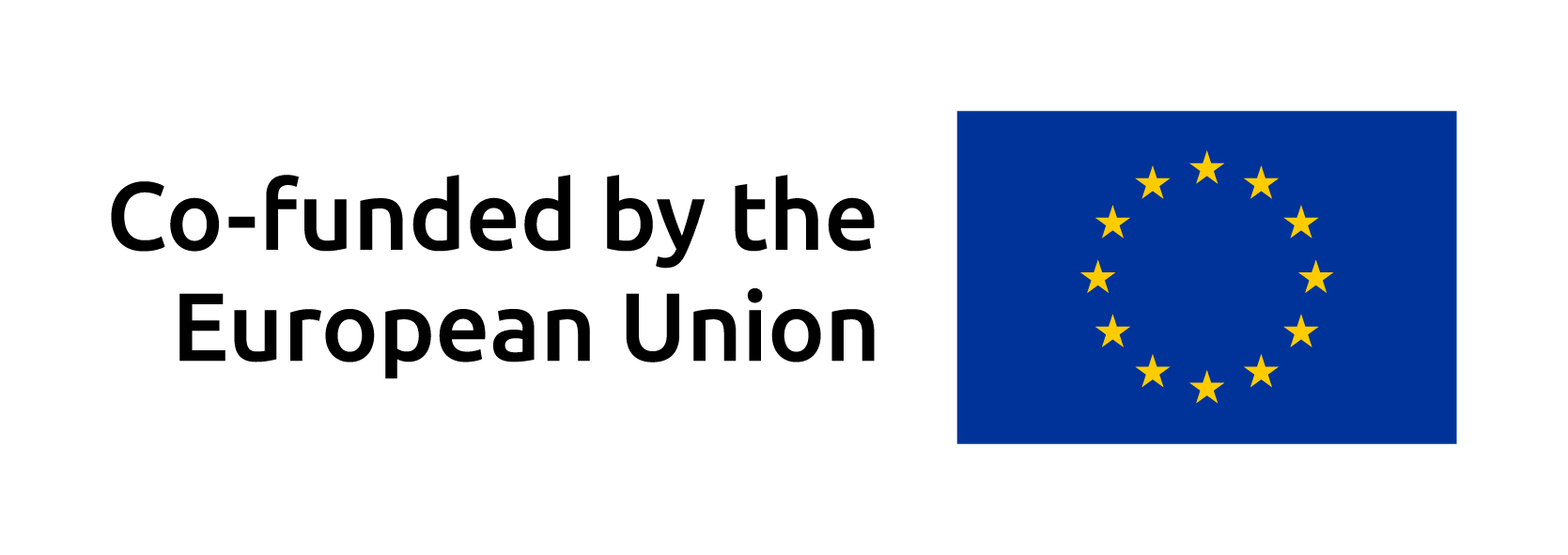| Course |
Translational Leadership, Research Integrity and Commercialization in Biomedical Sciences
|
| Host Institution |
Institute of Human GeneticsPolish Academy of SciencesStrzeszyńska Street, 32 |
| Language |
English |
| The expected effects of teaching in terms of: knowledge, skills and social qualifications |
Knowledge
Upon completion of the course, the PhD student:
- understands the principles of responsible research and innovation in biomedical sciences;
- knows the legal and ethical foundations of intellectual property protection and commercialization in regulated biomedical environments;
- understands Technology Readiness Levels (TRL) and their application in life sciences;
- understands key commercialization pathways, including licensing and academic spin-off formation;
- understands differences between grant-based academic funding and venture capital investment logic;
- is familiar with industry evaluation criteria used by pharmaceutical companies and deep-tech investors.
Skills
Upon completion of the course, the PhD student:
- is able to assess the translational and societal potential of their own research project;
- is able to identify intellectual property opportunities and risks at early stages of research;
- is able to prepare a structured translational project brief tailored to non-academic stakeholders;
- is able to design a preliminary TRL advancement and validation roadmap (12-24 months);
- is able to identify relevant industrial, clinical and investment partners;
- is able to communicate research value propositions clearly to industry and innovation ecosystem actors.
Social Qualifications
Upon completion of the course, the PhD student:
- demonstrates awareness of ethical responsibility in research commercialization;
- understands the importance of interdisciplinary and cross-sector collaboration;
- shows readiness to engage constructively with industry, investors and healthcare stakeholders;
- demonstrates proactive and independent planning of career development within the research–innovation ecosystem;
- respects academic integrity while operating in applied and commercial contexts.
|
| Type of course |
facultative |
| Semester/year |
summer semester 2025/2026 |
| First name/family name of the person responsible for the course |
dr Jakub Jasiczak |
| First name/family name of the person responsible for the exam |
dr Jakub Jasiczak |
| Format |
Lecture will be held in English with usage of audio-visual equipment. |
| Basic and additional requirements |
Skills in English and knowledge in molecular biology and mathematics |
| Number of ECTSs |
2 ECTS |
| ECTSs summary |
1 ECTS corresponds to 25-30 hours of personal studies focused on broadening knowledge based on suggested bibliography (vide bibliography list below). |
| Method of teaching |
The course is conducted in an interactive format with active participation of PhD students |
| Method of evaluation |
there is no traditional written examination |
| Prerequisite for passing |
Successful completion of the course requires:
- active participation in workshop sessions;
- submission of an Individual Translational and Commercialization Development Plan based on the participant’s own PhD project;
- positive evaluation of the final oral presentation of the translational roadmap.
Failure to submit the individual plan or absence from the final presentation results in non-completion of the course. |
| Topics |
- Translational Thinking in Biomedical Research
- From hypothesis to societal value
- Publication-oriented vs implementation-oriented research design
- Technology Readiness Levels (TRL) in life sciences
- Identifying application hypotheses in early-stage biomedical research
- Research Integrity, Ethics and Intellectual Property in Regulated Environments
- Responsible Research and Innovation (RRI)
- Conflict of interest and academia-industry collaboration
- Publication vs patent strategy
- IP fundamentals for biomedical researchers
- Data governance, regulatory constraints and clinical validation pathways
- Designing Research with Implementation in Mind
- Translational gap in biomedical sciences
- Early validation strategies
- De-risking logic in drug development and diagnostics
- Preparing a translational project brief for market consultation
- Cooperation with Technology Transfer Offices
- Industry Perspective: Big Pharma and Healthcare Systems
(Guest lecture – pharmaceutical industry representative)
- How pharmaceutical companies evaluate academic research
- Biomarker validation and clinical relevance
- Typical collaboration models with academia
- What makes academic science investable or licensable
- Financing Biomedical Innovation and Spin-Off Strategy
(Guest lecture – deep-tech venture capital representative)
- Venture capital logic vs grant logic
- Risk, timelines and capital intensity in life sciences
- Academic spin-off creation pathways
- Ownership, equity and founder considerations
- When to license and when to build a company
- Strategic Networking and Positioning in the Innovation Ecosystem
- Building professional relationships beyond academia
- Communicating with industry, KOLs and investors
- Leveraging institutional partnerships and international networks
- Personal brand building for researchers
- Individual Translational Roadmap Development (Workshop Module)
- TRL assessment of individual PhD projects
- Identification of potential partners (industry, clinical, investment)
- Funding pathway mapping
- 12-24 month commercialization and collaboration plan
Final project presentations
|
| Additional material |
Participants will receive:
- lecture presentations in PDF format;
- structured templates for:
- translational project brief (1-page industry summary),
- TRL self-assessment tool,
- intellectual property decision checklist,
- preliminary commercialization roadmap (12–24 months),
- early-stage spin-off pathway outline;
- selected case studies from European and US biomedical commercialization programs;
- indicative industry evaluation criteria used by pharmaceutical companies and deep-tech investors;
recommended reports on life science venture capital and translational funding schemes |
| Bibliography |
Selected practical materials, policy documents, industry reports and online resources will be provided after each thematic module.The course bibliography will include application-oriented sources such as:
- European Commission and OECD reports on research commercialization and Responsible Research & Innovation;
- WIPO and European Patent Office materials on intellectual property in life sciences;
- industry and venture capital reports on biomedical innovation and deep-tech investment;
- selected case studies and guidelines relevant to translational research and academic spin-offs.
|


